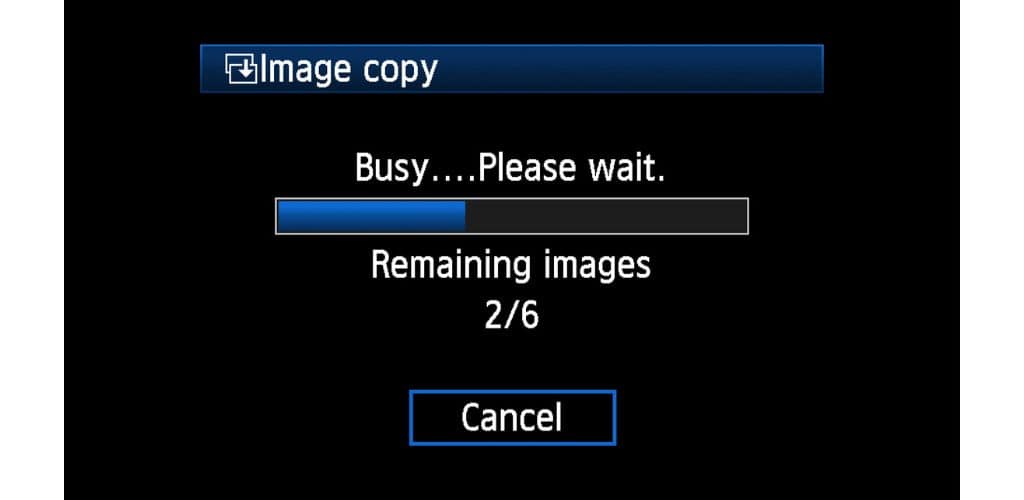The US Copyright Office has issued a report in which it recommends passage of a federal law that would create a form of property right in a person’s digital replica.
As the Report explains,
In early 2023, the Copyright Office launched an initiative examining copyright law and policy issues raised by artificial intelligence (AI), including the scope of copyright in AI-generated works and the use of copyrighted materials in AI training. After hosting public listening sessions and webinars, the Office published a notice of inquiry in the Federal Register in August 2023, which received over 10,000 comments by December 2023.
As its press release notes, Part 1 of the Report, on Digital Replicas – “the use of digital technology to realistically replicate an individual’s voice or appearance” — and
… responds to the proliferation of videos, images, or audio recordings that have been digitally created or manipulated to realistically but falsely depict an individual.
The 72-page Part 1 of the Report analyzes existing protections against digital replicas, which are a patchwork of state and federal laws and private agreements.
The Report notes the shortcomings of these existing laws. For example,
State laws are both inconsistent and insufficient in various respects. As described above, some states currently do not provide rights of publicity and privacy, while others only protect certain categories of individuals. Multiple states require a showing that the individual’s identity has commercial value. Not all states’ laws protect an individual’s voice; those that do may limit protection to distinct and well-known voices, to voices with commercial value, or to use of actual voices without consent (rather than a digital replica).
Also, says the Report,
State right of publicity laws typically apply only where the infringement occurs in advertising, on merchandise, or for other commercial purposes. They do not address the harms that can be inflicted by non-commercial uses, including deepfake pornography, which are particularly prevalent in the internet environment.
The Report addresses the issue of assignment of digital identity rights:
Commenters in favor of assignability asserted that a digital replica right should be treated no differently than other intellectual property rights, such as copyrights, trademarks, and patents. …
However,
Others raised concerns about the abuses that could occur if individuals were permitted to fully assign their rights, thereby permanently losing control over how their image is used. Professor Jennifer Rothman stated that “[a]llowing another person or entity to own a living human being’s name, likeness, voice, or other indicia of a person’s identity in perpetuity poses a significant threat to a person’s fundamental rights and liberty, and should be prohibited.”
After considering these views,
the Office recommends that individuals be able to license their images and voices for use in digital replicas but not to fully assign all rights. Licensing can facilitate the creation, distribution, and use of creative works, products, and services. It enables individuals who choose to do so to monetize and profit from their own personas.
For example, as the New York Times recently reported,
Meta is in discussions with Awkwafina, Judi Dench and other actors and influencers for the right to incorporate their voices into a digital assistant product called MetaAI…
Also,
To avoid the effective result of an outright assignment, the Office suggests limiting licenses (other than those collectively bargained) to a relatively short term, such as five or ten years. Parties that wish to continue the licensing arrangement could subsequently renegotiate it—allowing for consideration of changed circumstances, including bargaining power.
According to the Copyright Office, subsequent Parts of the Report will address issues like “the copyrightability of works created using generative AI, training of AI models on copyrighted works, licensing considerations, and allocation of any potential liability.”
Just like the haiku above, we like to keep our posts short and sweet. Hopefully, you found this bite-sized information helpful. If you would like more information, please do not hesitate to contact us here.


